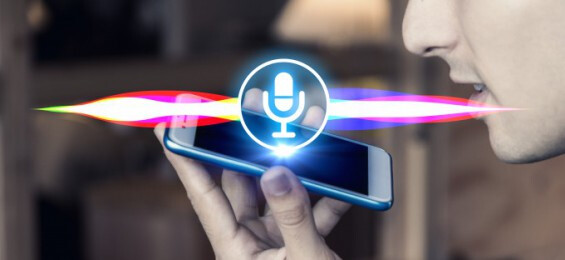
SEOUL, South Korea – A research team led by Professor Kim Jeong-hyun of the Department of Psychiatry at Seoul National University Bundang Hospital announced on the 6th the development of a stress measurement technology through voice analysis.
While appropriate stress can have a positive effect by increasing concentration, chronic stress can cause health problems such as mental illness, cardiovascular disease, and cancer.
Existing stress measurements have relied on subjective questionnaires or hormone tests.
The research team developed a deep learning-based model that detects stress states using non-verbal voice biomarkers, focusing on the analysis of the effect of muscle tension and breathing changes on voice tone, and verified its validity using Korean data.
Through a domestic multi-center clinical study, the research team induced stress states using the SECPT technique, which involves social evaluation with hands immersed in cold water, on 115 healthy office workers.
In this process, voice data before and after stress was collected, and an artificial intelligence model capable of predicting stress levels was developed by meticulously comparing and analyzing frequency, utterance speed, and voice patterns.
In this study, the accuracy was improved by utilizing the high-performance deep learning model ECAPA-TDNN, which can accurately analyze the voice characteristics of each individual, and cross-validation was also performed in conjunction with cortisol testing.
As a result, the model developed by the research team was able to distinguish stress states with a high accuracy of 70%. The team plans to further improve performance through a large-scale dataset in the future.
The stress detection model developed by Professor Kim's team excluded verbal information such as conversation content in the voice and analyzed only non-verbal elements such as voice tone.
Through this, a universal model that is not affected by educational level, cultural background, growth environment, etc. was established. In addition, since all data is not transmitted to an external server, the risk of personal information leakage can be minimized.
Professor Kim Jeong-hyun of Seoul National University Bundang Hospital said, "If high stress is detected on a personal mobile device, it will be helpful for mental health management by using relaxation techniques such as deep breathing, meditation, and exercise, or by visiting a hospital."
[Copyright (c) Global Economic Times. All Rights Reserved.]






























